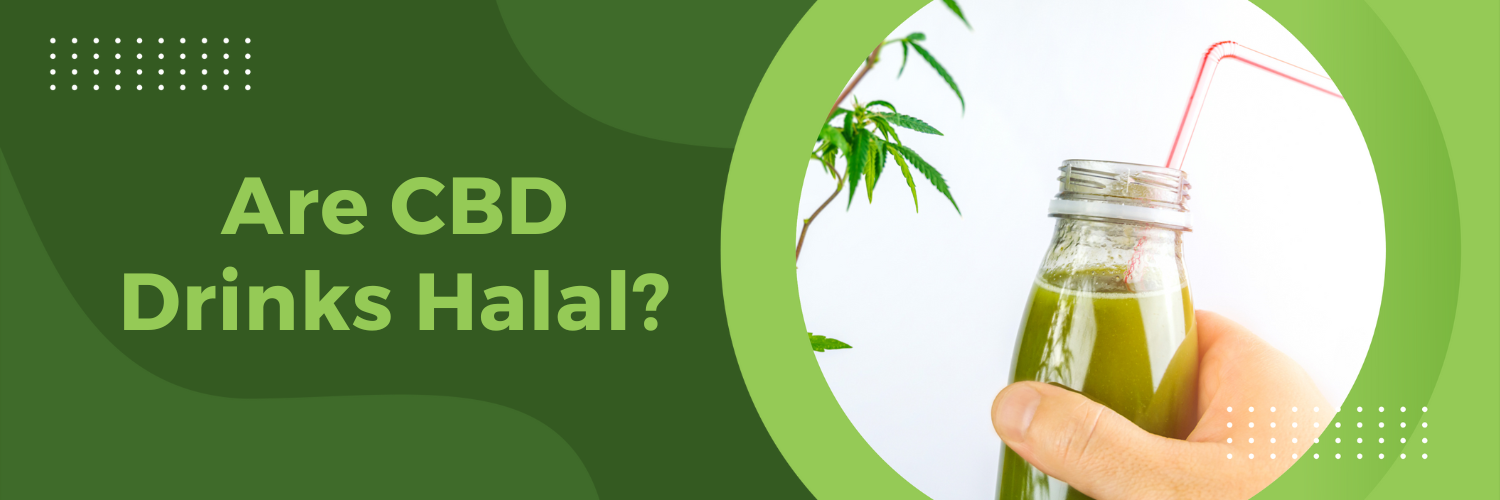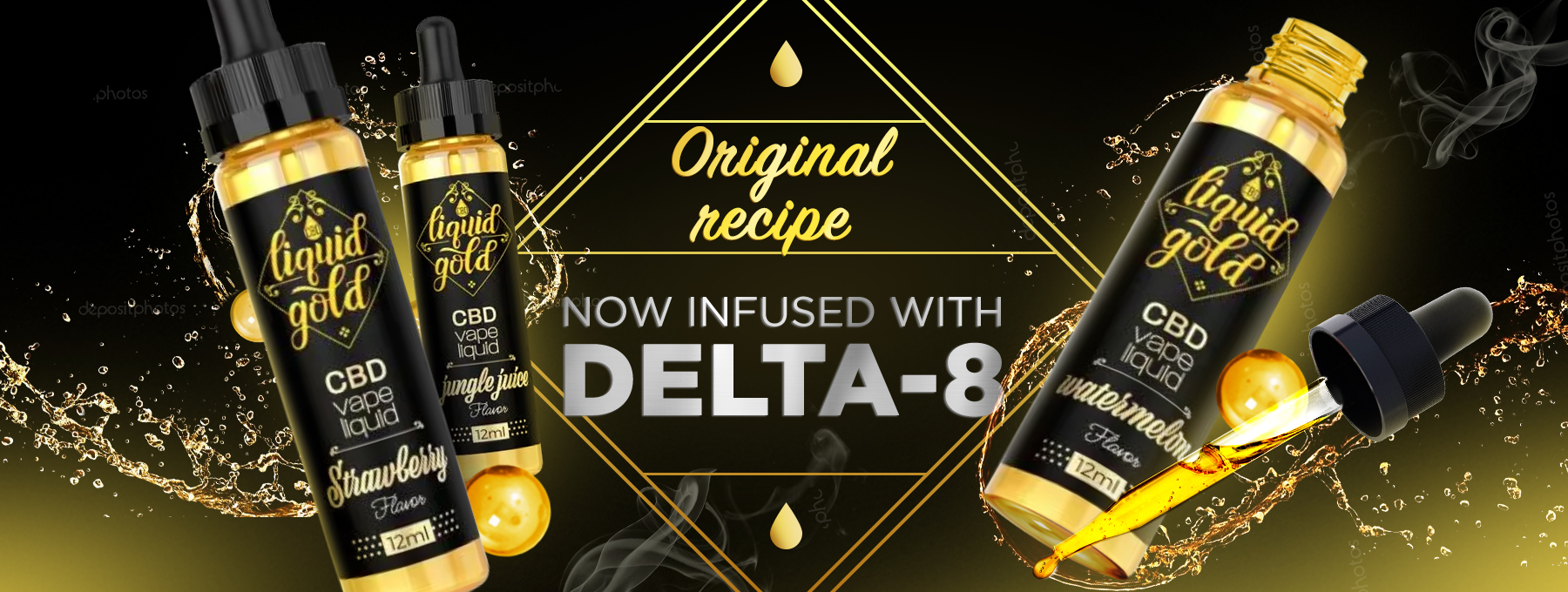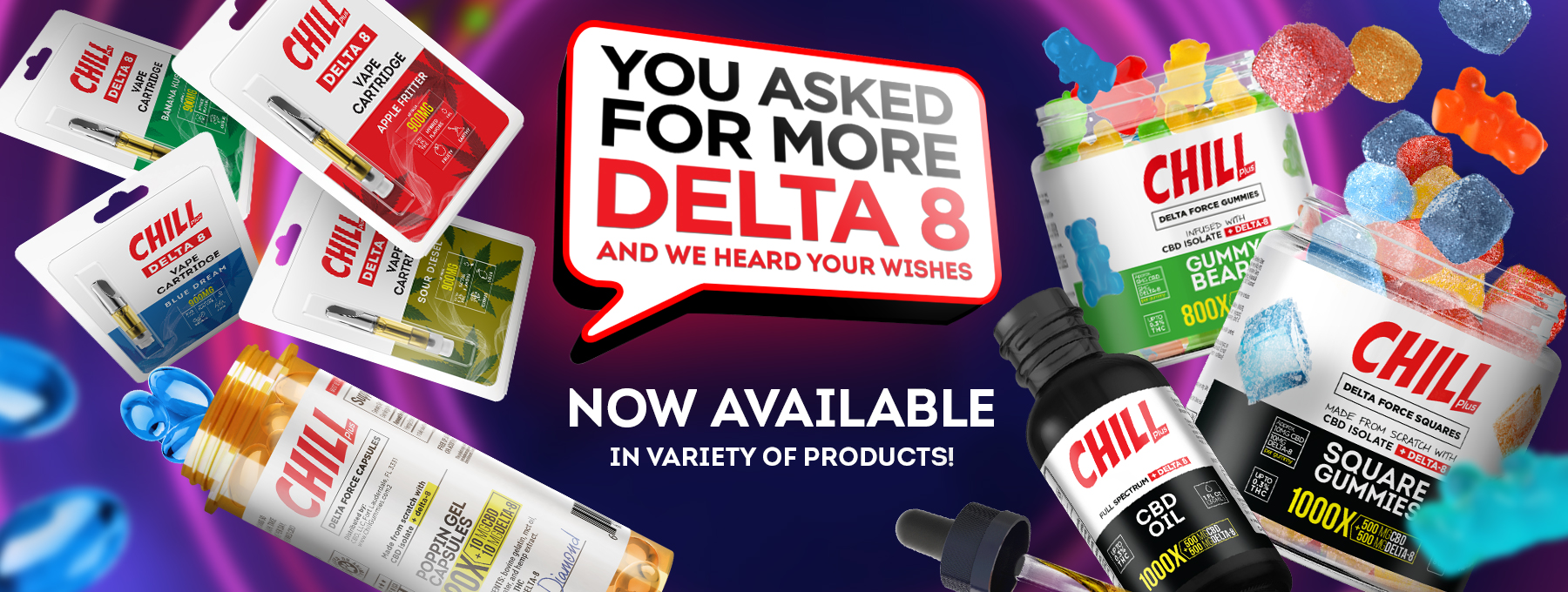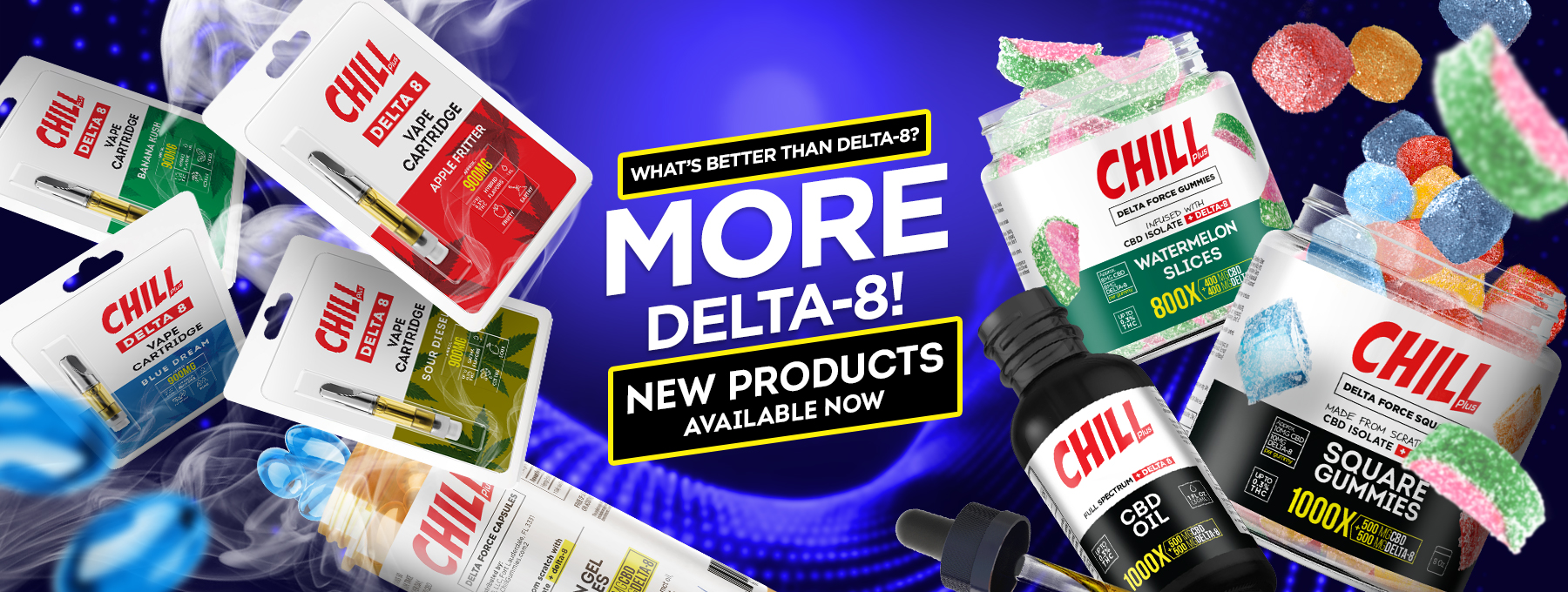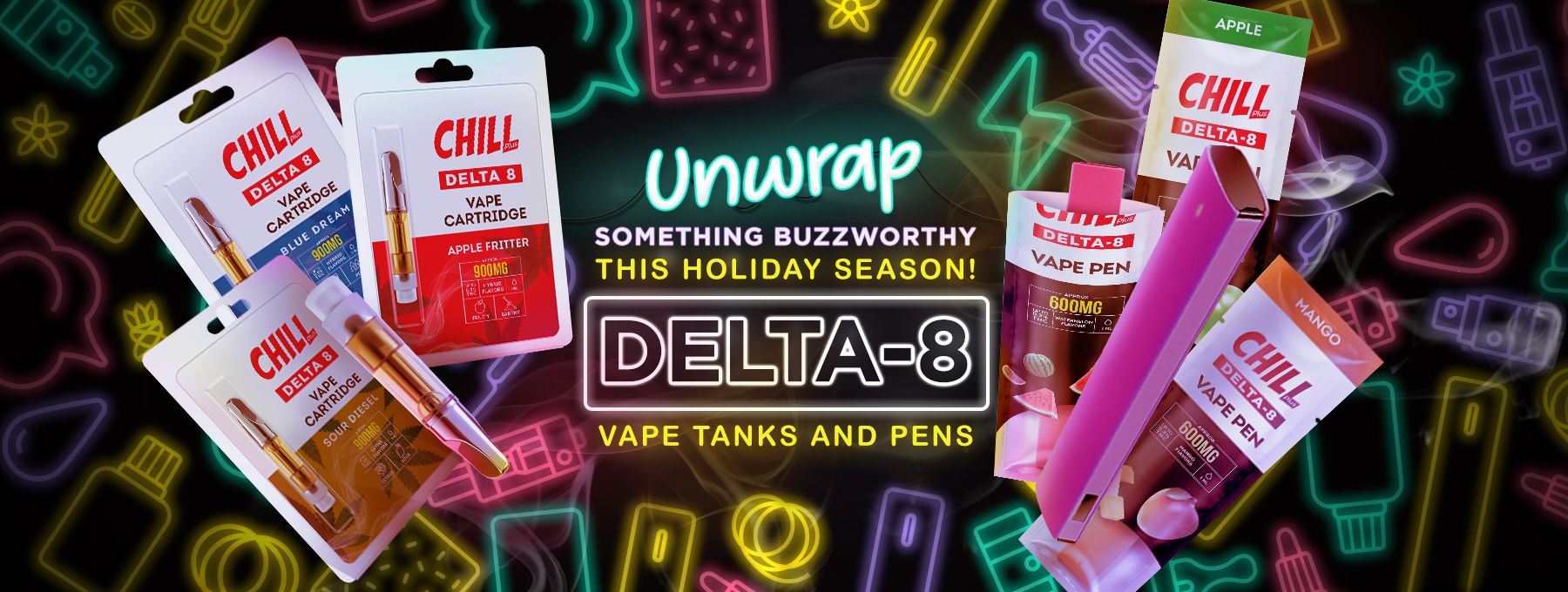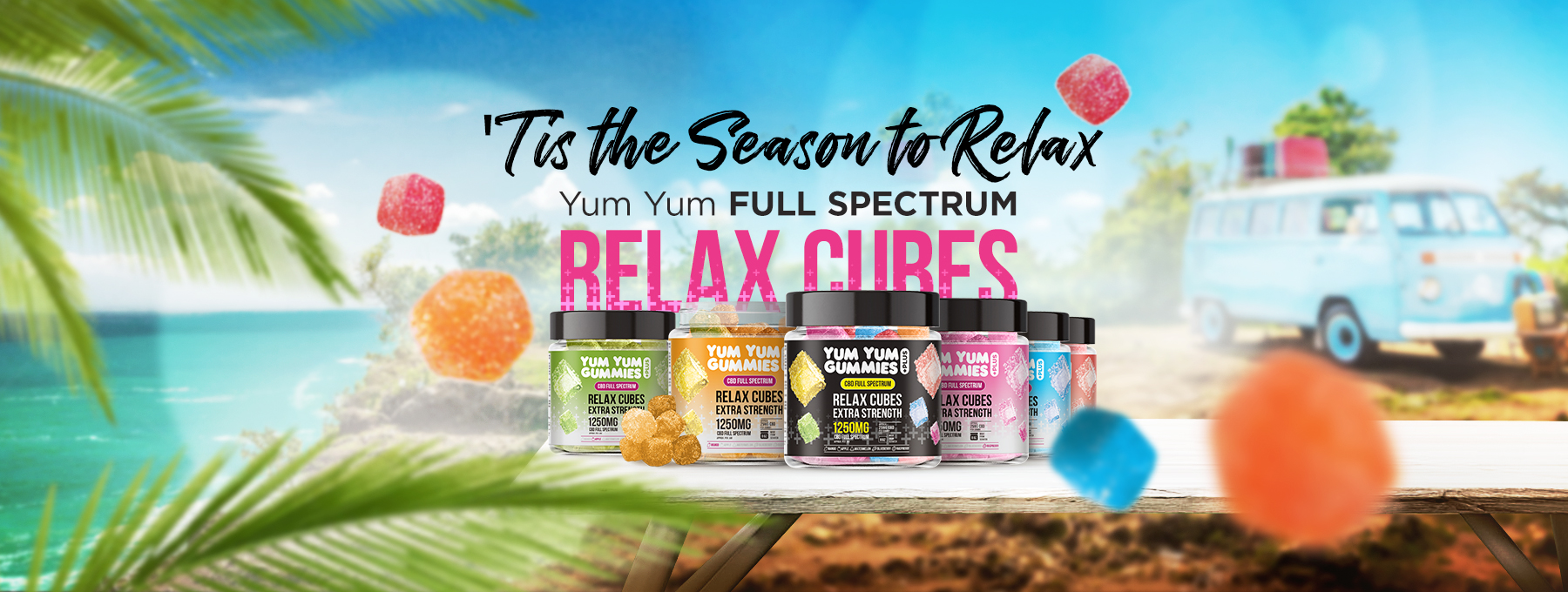Understanding CBD and Halal
CBD, a non-psychoactive compound found in hemp and cannabis plants, has become a popular ingredient in numerous consumer products, from oils and edibles to beverages. On the other hand, Halal refers to dietary laws outlined in Islamic teachings, governing what is permissible for Muslims to consume. These guidelines are based on the Quran and the Hadith and hold great significance for practicing Muslims.
When considering CBD and Halal, several potential points of intersection and conflicts arise. The main concern is the source of CBD, as it originates from cannabis, a plant with a controversial legal and moral status. Islamic dietary laws prohibit the consumption of intoxicants and substances that alter the mind. Thus, the question arises whether CBD, although non-psychoactive, falls into this category.
CBD Drinks – Ingredients and Production
In Islam, the permissibility of consuming CBD drinks or any other food and beverages depends on the ingredients used in their production and whether they comply with Islamic dietary laws (Halal).
CBD (cannabidiol) is a compound derived from the cannabis plant, but it does not cause the psychoactive effects associated with THC (tetrahydrocannabinol), another compound found in cannabis. To determine the permissibility of CBD drinks in Islam, it’s essential to consider two main factors: the source of CBD and the other ingredients used in the beverage.
1. Source of CBD
CBD can be extracted from both hemp and marijuana plants. In Islam, the use of intoxicants and mind-altering substances is strictly prohibited. Since CBD does not cause intoxication, it is generally considered permissible as long as it is sourced from hemp and not marijuana. Hemp-derived CBD contains only trace amounts of THC, usually less than 0.3%, which is not enough to cause any psychoactive effects.
2. Other Ingredients
Apart from CBD, CBD-infused beverages contain other ingredients like water, tea extracts, sweeteners, and flavorings. These ingredients must also be halal-certified, meaning they are permissible under Islamic dietary laws. For example, the use of alcohol or any non-halal animal-derived ingredients would make the beverage impermissible in Islam.
Production and Certification
To ensure the permissibility of CBD drinks in Islam, it is crucial for manufacturers to follow proper production processes and obtain appropriate halal certification. Halal certification ensures that the product meets Islamic dietary requirements and does not contain any prohibited ingredients.
However, it’s worth noting that opinions on the permissibility of consuming CBD products in Islam may vary among Islamic scholars and religious authorities. Therefore, if you have specific concerns or questions about the permissibility of CBD drinks in Islam, it is advisable to consult with a knowledgeable Islamic scholar or an Islamic dietary authority for a more authoritative ruling.
Overall, the permissibility of CBD drinks in Islam hinges on the halal status of the ingredients used, particularly the source of CBD and other components of the beverage.
The Rulings of Islamic Scholars on CBD
Islamic scholars have varied opinions on the permissibility of CBD consumption. Some argue that since CBD is non-psychoactive and does not cause intoxication, it may be considered permissible in moderation, as long as it does not lead to any harmful or unlawful behaviors. Others maintain a more cautious approach, stating that since CBD is derived from cannabis, it should be treated similarly to other prohibited substances.
The permissibility of CBD in Islam is a complex issue and can depend on various factors, including the source of CBD, the presence of any intoxicating substances, and the other ingredients used in the products. Some scholars may consider CBD permissible if it is derived from hemp and does not contain intoxicants, while others may have reservations about its usage.
To obtain the most accurate and up-to-date information on the rulings of Islamic scholars on CBD, I recommend consulting reputable Islamic scholars or religious authorities. They can provide specific and detailed guidance based on the current understanding of CBD and its permissibility within the context of Islamic dietary laws and principles.
Compliance with Halal Certification Standards
Compliance with Halal certification standards is crucial for ensuring that products, including CBD drinks, meet the requirements of Islamic dietary laws (Halal). Halal certification involves a thorough inspection and verification process to ensure that the products are free from any prohibited substances or ingredients according to Islamic guidelines.
The specific requirements for obtaining Halal certification can vary depending on the certifying authority or organization. However, some general aspects are typically considered in the certification process:
- Ingredient Sourcing: All ingredients used in the product must be Halal, meaning they are lawful and permissible under Islamic dietary laws. This includes ensuring that CBD is derived from Halal sources, such as hemp and not marijuana.
- No Prohibited Substances: The product should not contain any substances that are considered Haram (forbidden) in Islam. This includes alcohol, pork and pork-derived products, and any other intoxicants or mind-altering substances.
- Manufacturing and Processing: The production facilities must adhere to strict hygiene and Halal standards during manufacturing and processing to prevent cross-contamination with non-Halal products.
- Halal Certification of Suppliers: Suppliers providing raw materials or ingredients for the product may also need to be Halal certified to ensure the entire supply chain’s compliance.
- Traceability: There should be a clear and traceable system in place to verify the origin and Halal status of all ingredients used in the product.
- Labeling: Proper labeling is essential, indicating that the product is Halal certified and meets the necessary standards.
- Ongoing Inspections: Regular inspections and audits may be conducted to ensure that the product continues to meet the Halal certification requirements.
It’s important to note that Halal certification can be specific to a particular country or region, and different certifying bodies may have slightly different criteria for certification. Therefore, manufacturers seeking Halal certification for CBD drinks should work with reputable Halal certifiers recognized by Islamic authorities to ensure compliance with universally accepted standards.
Permissibility of CBD drinks in Islam
The permissibility of CBD drinks in Islam is a subject of ongoing debate among Islamic scholars and religious authorities. The use of CBD itself, which is a non-intoxicating compound derived from hemp, is generally considered permissible by some scholars, provided it does not contain any intoxicating substances or harmful ingredients.
However, opinions may vary, and some scholars may hold a more conservative view, raising concerns about the potential association of CBD with the cannabis plant. As such, it is essential for individuals to seek guidance from reputable Islamic scholars and religious authorities to make an informed decision based on their specific interpretations of Islamic dietary laws.
Moreover, even if CBD itself is deemed permissible, the other ingredients used in CBD drinks must also comply with Halal certification standards. This ensures that the final product meets Islamic dietary requirements and does not contain any prohibited substances or non-Halal components.
To ascertain the permissibility of CBD drinks in Islam, individuals should seek clarity from knowledgeable religious sources and look for CBD products that have been properly certified as Halal by reputable certifying bodies. These certifications can provide assurance that the products have undergone rigorous evaluations to meet Islamic dietary guidelines, giving consumers confidence in their consumption choices while adhering to their religious beliefs.
Addressing the Controversies and Misconceptions
Addressing the controversies and misconceptions surrounding CBD drinks in Islam is essential to promote a clearer understanding of the topic. The primary points of contention include the source of CBD, its association with the cannabis plant, and concerns about intoxication. To address these issues, the following key points can be emphasized:
- CBD Source: It is crucial to highlight that CBD used in Halal-certified products is sourced exclusively from hemp, which is a variety of the cannabis plant with minimal THC content (usually less than 0.3%). Unlike marijuana, hemp does not cause intoxication, and its CBD properties are considered non-psychoactive.
- No Intoxicating Effects: CBD itself does not produce any intoxicating effects, making it fundamentally different from THC, the compound responsible for marijuana’s psychoactive properties. Scholars who permit CBD in moderation often emphasize this distinction to assuage concerns about potential intoxication.
- Compliance with Halal Standards: Reputable manufacturers, like Leaf Alleviate, are committed to obtaining Halal certification for their CBD drinks. This certification ensures that the products meet Islamic dietary requirements and are free from any non-Halal or harmful substances.
- Scholarly Guidance: Encouraging individuals to seek guidance from knowledgeable Islamic scholars and religious authorities allows them to make informed decisions based on their specific religious interpretations. Scholarly opinions may differ, so seeking guidance is essential to find a stance that aligns with one’s personal beliefs.
- Transparency and Education: Promoting transparency and educating consumers about the CBD extraction process, the use of Halal ingredients, and the absence of intoxicating effects can help dispel misconceptions surrounding CBD drinks.
By addressing these controversies and misconceptions, individuals can make well-informed decisions about consuming CBD drinks in line with their religious beliefs and dietary preferences. Seeking guidance from reputable religious authorities and opting for Halal-certified products from trusted manufacturers will enable Muslims to enjoy CBD beverages while upholding their adherence to Islamic principles.
Conclusion
The permissibility of CBD drinks in Islamic dietary laws remains a topic of debate. While some scholars may permit the consumption of CBD in moderation, others may maintain a more conservative stance. As with any matter related to religious beliefs, it is vital for individuals to seek guidance from reputable religious authorities to make informed decisions.
If you are interested in exploring CBD products, check out Leaf Alleviate’s range of products. Leaf Alleviate is committed to providing products that meet high-quality standards and ingredients. Explore and visit www.leafalleviate.com today.
FAQs
Q: What is CBD, and where does it come from?
CBD is short for Cannabidiol, a compound derived from hemp or cannabis plants.
Q: What are the main principles of Halal dietary laws?
Halal dietary laws are based on Islamic teachings and govern what is permissible for Muslims to consume. They prohibit the consumption of intoxicants and substances that alter the mind.
Q: Are all CBD drinks non-Halal due to their origin from cannabis?
CBD drinks can potentially be considered Halal, as CBD itself is non-psychoactive and does not cause intoxication. However, it is essential to assess their ingredients and production process to ensure compliance with Halal guidelines.
Q: Can CBD drinks cause intoxication or addiction?
CBD drinks, when produced and consumed responsibly, should not cause intoxication or addiction due to their low THC content.

